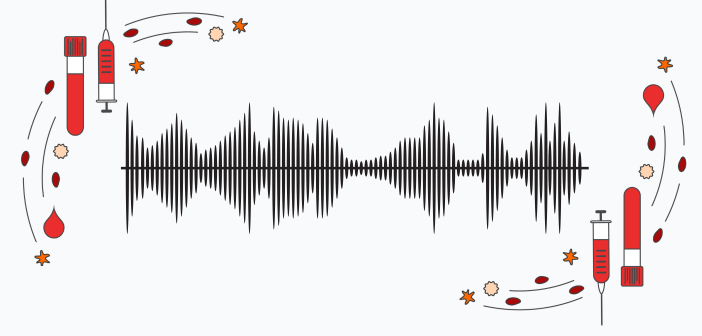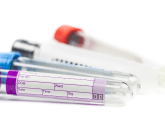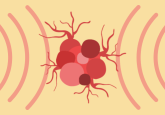Afraid of needles? This new blood test device is for you

With just a tiny finger prick, this new device – an acoustic pipette − is a portable, sound-based diagnostic system that provides blood test results in 1 hour.
Researchers at the University of Colorado Boulder (CO, USA) have introduced a handheld, sound-based diagnostic device capable of delivering precise blood test results in approximately 1 hour. With only a small finger prick, this device could eliminate the needle discomfort and long wait times for results that are traditionally associated with blood tests.
Most individuals dislike blood tests, with almost 20% of adults possessing some degree of fear. This can be a particular problem in children and can lead to a significant percentage of the population skipping blood tests.
Working to combat these issues, researchers developed an acoustic pipette that only requires a small volume of blood and can be deployed in various settings ideal for individuals living in rural areas where lab access is limited. The device uses tiny particles – termed functional negative acoustic contrast particles (fNACPs) – that can be customized with functional coatings to recognize a biomarker of interest, which are then isolated using sound waves. Blood cells and fNACPs react differently to the sound waves, meaning only the particles are forced into a chamber where they can then be labeled with fluorescent tags to quantify biomarkers.
You may also be interested in:
- Using a fingerprint for non-invasive drug monitoring
- Patient-centric microsampling for abrocitinib pharmacokinetics: multiple-analytes assay bridging using Tasso device
- Microfluidic approach could enhance blood particle analysis
Existing rapid blood tests, while efficient, generally lack the sensitivity of gold-standard lab tests like ELISA, which are costly and time-consuming. The team’s device offers both accuracy and portability, matching the clinical gold standard, while outperforming it in speed and simplicity.
The researchers emphasize that the device is based on peer-reviewed science, distancing it from controversial past claims in the biosensing industry. They do note that the research is a proof-of-concept, so it cannot be brought to market just yet. However, they do aim to refine it further and explore its potential to test multiple biomarkers and handle multiple patient samples, potentially transforming diagnostic testing accessibility worldwide.






